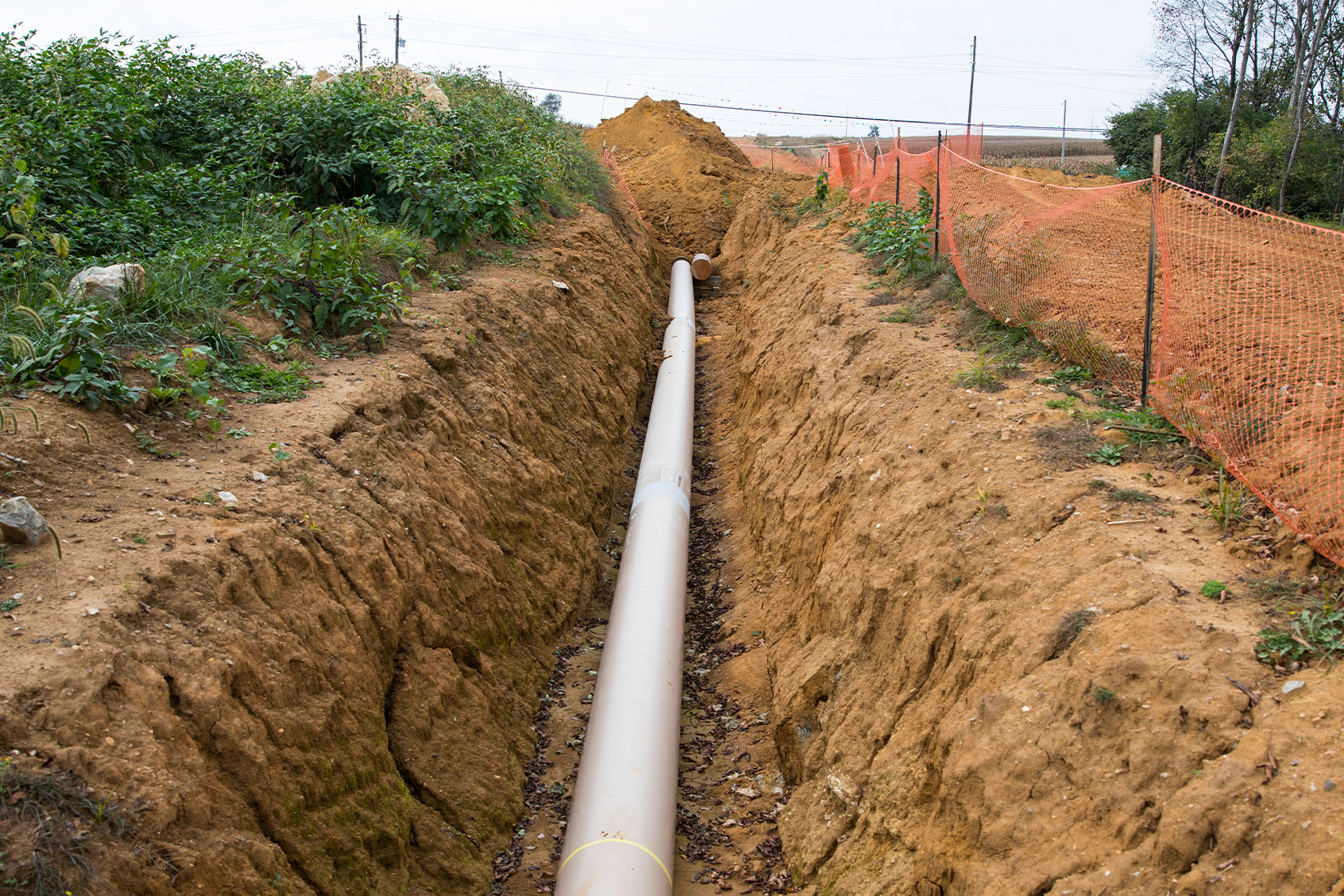As with so many political issues, the meaning of the Biden administration’s decision to temporarily pause approvals of liquefied fracked gas exports (commonly referred to as liquefied natural gas or LNG) depends on who you ask. Republicans convened Congressional hearings and generally howled about Biden’s outrageous gas "ban," as the White House attempted to have it both ways – speaking of the existential threat of climate change while boasting about its role in boosting fossil fuels.
Though the eventual impact of the policy is still unknowable, the basic facts are relatively straightforward. Over the last few years, the United States went from not exporting any gas at all to being the world leader. The Biden administration picked up where the Trump White House left off; in fact, one of Biden’s closest energy advisers, Amos Hochstein, has close ties to major LNG players.
This gas frenzy is bad news for the climate. One study finds that a full accounting of LNG’s emissions could make it even worse for the climate than coal. Meanwhile, communities that live near fracking sites and massive export terminals and are saddled with the negative health effects of increased pollution. The White House’s new pause will allow for more analysis of how LNG exports impact our climate, public health, and even domestic fuel prices.
Is this new gas permitting pause really a win for a climate movement that has been too often disappointed by the White House?
Does the pause affect existing gas exports? Not at all. Nor does it impact existing exports or permitted but not yet operational facilities set to come online over the next two years, which have already won approval from the Department of Energy to sell gas overseas. Indeed, the White House announcement of the policy noted that exports ”are expected to double by the end of this decade.” If this makes the furious reaction from Republican leaders and their partners in the fossil fuel industry seem histrionic, that’s because it is.
Want more health and science stories in your inbox? Subscribe to Salon's weekly newsletter Lab Notes.
While the right-wing overreaction is untethered from reality, is this new gas permitting pause really a win for a climate movement that has been too often disappointed by the White House? In the short term it most certainly is, as it delays approval of projects that would have a devastating climate impact. In the long term, it depends on what happens next. The new analysis of LNG exports could determine that the pollution and pocketbook impact of exporting massive amounts of fossil fuel are too significant to ignore. Or the review could determine that the status quo is preferable to other alternatives.
While that unfolds, it is fair to say that the administration’s thinking at least appears to be shifting. Up to this point, the White House has championed gas exports, often on foreign policy or national security grounds. Administration officials have generally dismissed calls for an export ban, and Secretary Jennifer Granholm once even once suggested there was nothing the administration could do to curtail exports.
It is worth also acknowledging that we have seen this kind of gesture before. On the campaign trail, Biden vowed to stop new oil and gas drilling on public lands. Shortly after taking office, Biden delivered an executive order to pause drilling permits. A few months later, the pause was over, and the permitting returned. In fact, over his first three years, Biden approved about 50 percent more drilling permits than even the “drill baby drill” Trump administration.
We need your help to stay independent
So while the White House wants the public – and young climate-minded voters in particular – to see this pause as a bold move, it is entirely possible that we could see a repeat of the drilling scenario. Consider, for instance, that the administration is sending a very different message to industry leaders. Appearing at a major energy conference in Italy, Assistant Energy Secretary Brad Crabtree assured the audience that this pause could “serve the industry well,” and spoke of the country’s “special role as the world's largest oil and gas exporter.” He also laid out the scale of LNG expansion that has already been approved – approximately four times the current volume of gas being exported.
That record flies in the face of wild Republican claims about the damage President Biden is doing to ‘energy security.’ But setting aside all the rhetorical excesses, the White House is now responsible for updating how it judges the public interest impacts of the LNG frenzy that it has up to now supported. As it stands, this gas pause is a modest step. Now climate and community advocates will be demanding that President Biden live up to the promise of his own climate commitments and use this moment to create a durable and necessary shift away from dirty fossil fuel pollution.
Wenonah Hauter is the founder and executive director of the national advocacy group Food & Water Watch.

